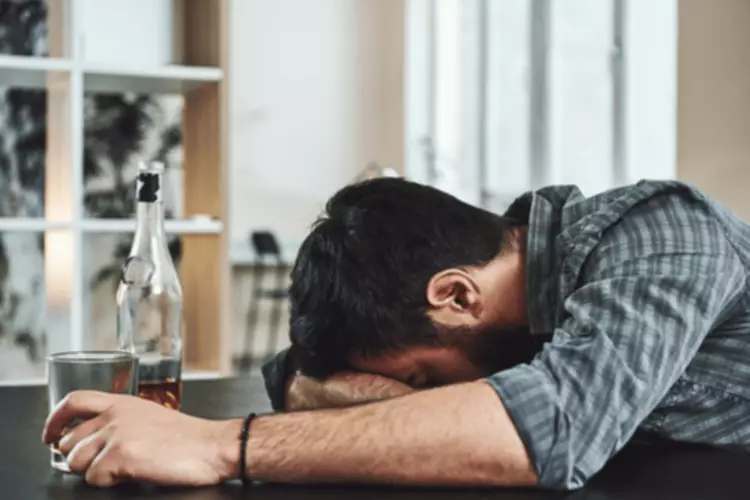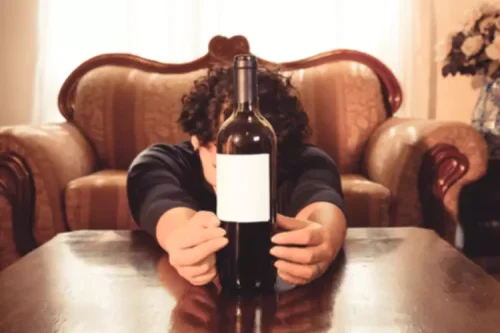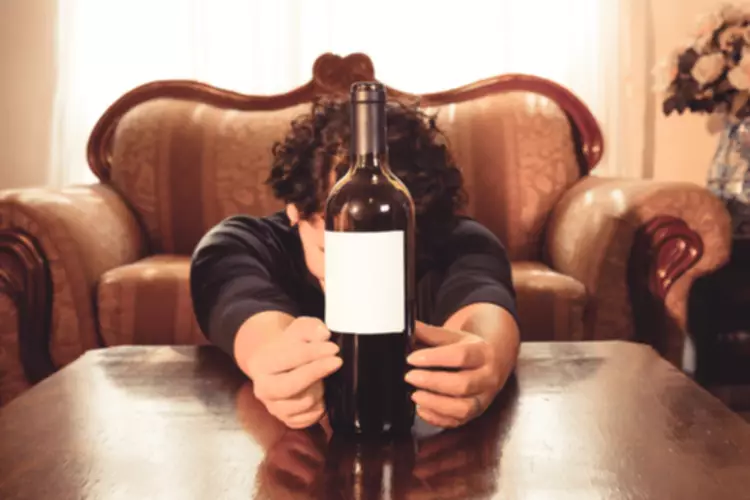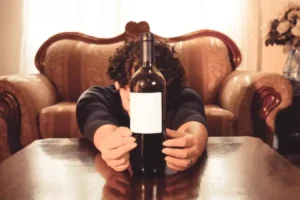Why Alcohol Can Give You Anxiety

Does a support group seem like it might be out of your comfort zone? Attending one-on-one therapy with a licensed therapist can help you work through anger issues in a more private setting. Scheduling an appointment with a professional who specializes in anger management may be more beneficial than participating in group therapy if you have social anxiety. According to research compiled by the National Institute on Drug Abuse, alcohol use is a considerable contributing factor to sexual assault. Oxford House Similarly, in nearly 40% of violent incidents, surveyed individuals from the United Kingdom said they believed their perpetrator was under the influence of alcohol. While drinking alcohol isn’t the sole reason for assault, it plays a substantial role in whether someone commits a violent crime.
Psychological “Baggage” and Social Influence
If you find yourself crying after drinking, know that you’re not alone! By understanding the physiological impacts of alcohol and adopting mindful drinking practices, we can enjoy our favorite beverages without compromising our emotional well-being. As we raise a glass, let it not only be a toast to good times but also to emotional stability and resilience. It’s important that you talk to a healthcare provider or mental health professional who can guide you by providing you with a diagnosis, treatment plan, and direction for support during your recovery. In addition, if you’re noticing your anxiety levels increasing after drinking, try cutting down on how much you drink.

How Alcohol Works Affects Your Behavior
Some studies highlight the impairment caused by alcohol consumption on processing emotional faces. They first consumed alcohol and were asked to recognize the emotions of different faces on a computer task. Specifically, they exhibited a reduced capacity to detect sadness why does alcohol make me irritable and fear and a reduced tendency towards seeing happiness.

Managing Anger and Reducing Alcohol-Related Aggression
Intoxicated people may feel more outgoing, lonely, joyful — or angry. For example, if you start drinking when you’re lonely and sad, you may find the alcohol makes you feel even more desolate and distressed than you did when you were sober. There are several risk factors, all of which impact people differently.
Many people will turn to alcohol to cope with difficult situations, only to find themselves more emotionally unstable after drinking. This phenomenon – known as emotional dysregulation – has been seen in drinkers for decades, and scientists may have found the answer. Some of the biological factors that contribute to alcoholism may also play a role in increasing the risk of intimate partner violence.

MAKE TIME FOR YOU IN 2025
- All of these foods are soft and bland, which might help settle your stomach.
- Research shows that alcohol consumption reduces activity in this area, leading to lowered inhibitions and an increased likelihood of aggressive or erratic behavior.
- Of course, no one needs to wait for new guidelines or warning labels to curb their drinking.
- 3 This effect is heightened in individuals predisposed to impulsivity or aggression.
- Unfortunately, when alcohol enters the equation, the ability to regulate your emotions can start to suffer.
The study’s findings call into question the predominant theory that alcohol addiction arises from the brain’s attempt to maintain stability despite repeated heavy drinking. That theory describes a “dark side of addiction” where repeated heavy drinking over time leads to changes in the brain systems involved in stress and reward. As a result of those changes, it is hypothesized that individuals shift from drinking for pleasure to drinking to avoid withdrawal and stress. Through their smartphones, participants answered questions every half hour for three hours during one typical alcohol drinking episode and a non-alcohol episode.

Managing anxiety and alcohol
GABA is an inhibitory neurotransmitter, calming the brain and leading to feelings of relaxation. Glutamate, in contrast, is an excitatory neurotransmitter, stimulating brain activity. Anxiety is different to depression, but they can sometimes go together – feeling anxious and worrying constantly can make you feel low.
The Impact of Anger on Constriction of Perception and Assessment
- This may explain why they are angry more often and act more aggressively than someone who does not have this personality trait.
- You can become agitated and jittery because your body is busy processing the alcohol, which neutralizes the effect of these medications.
- Alcohol affects brain chemistry by altering neurotransmitters, which manage our mood and impulses.
- Hurtful words spoken in a drunken state should not always be taken at face value.
As a positive, unalarming emotion and one that others are used to seeing, however, happiness isn’t on the radar as much as anger. When alcohol suppresses these regulatory functions, it can affect how you express your thoughts and emotions, including anger. If you are experiencing digestive distress or diarrhea, you might not be in the mood to eat. Many experts recommend the BRAT diet for diarrhea, which includes bananas, rice, applesauce and toast (hence the acronym BRAT). All of these foods are soft and bland, which might help settle your stomach. If it doesn’t help you, there’s no need to strictly stick to it when you’re experiencing symptoms.
